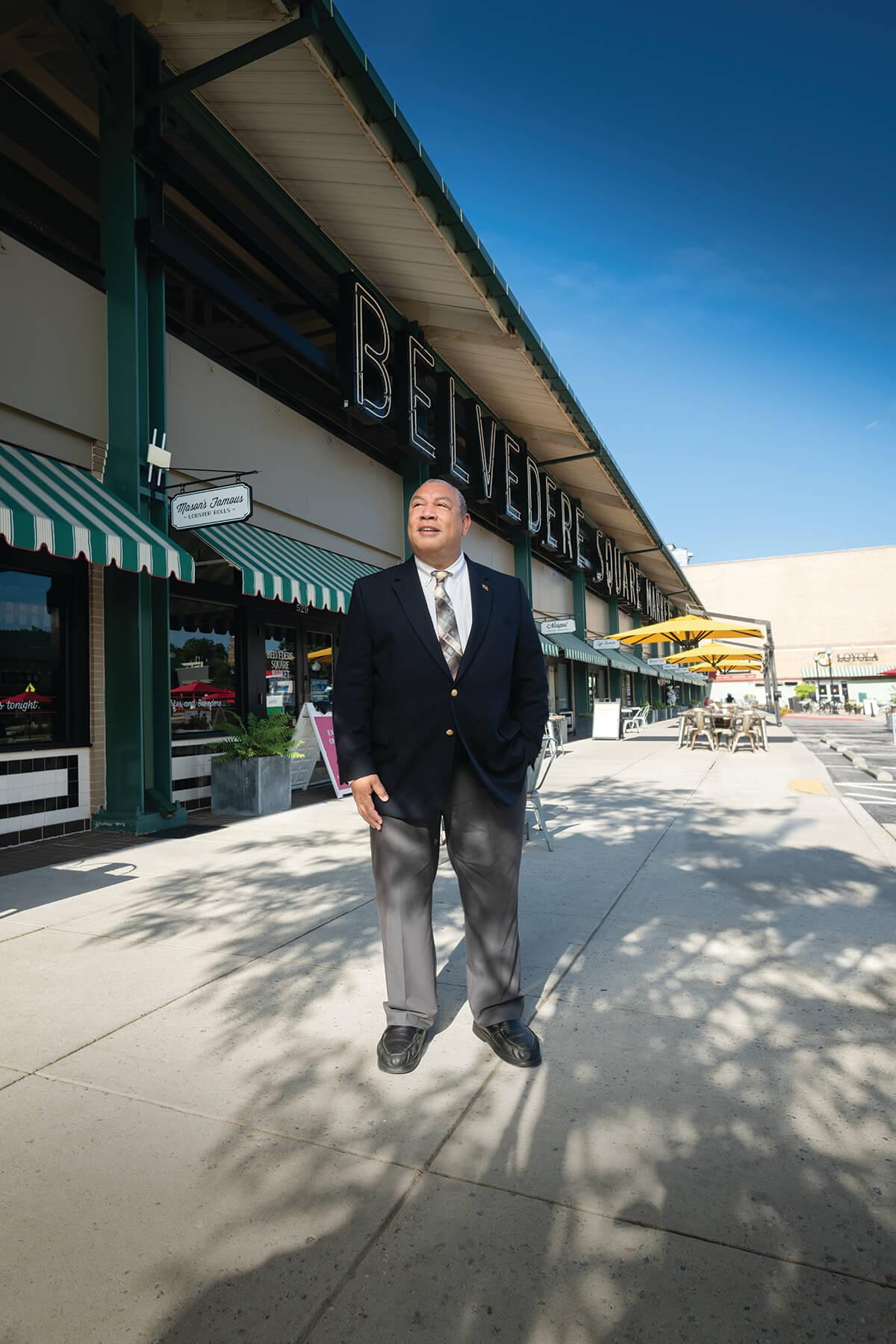Business & Development
GameChanger: Bill Henry
We catch up with the future City Comptroller.

Bill Henry has a deep understanding of how City Hall functions—and dysfunctions. The lifelong Baltimorean worked under Mayor Kurt Schmoke, and later served as legislative director to Councilwoman Mary Pat Clarke and chief of staff to former Council President Lawrence Bell. Running for Comptroller, the 4th District Councilman’s message was clear: If voters knew how the city spent their money, officials would spend it better.
What made you believe you could upset well-funded, six-term incumbent Joan Pratt?
If you make an argument that directly responds to the people’s concerns, it doesn’t matter how powerful your opponent is. My team and I knew that we had a message that was compelling enough to win. The question was whether we’d have the resources to get that message in front of every voter.
The Comptroller’s Office has been beset by controversy and accusations of favoritism for decades. How will you restore confidence in City Hall?
Transparency. In government, sunshine is often the best disinfectant. The public must have greater access to the proceedings of the Board of Estimates, where the business of government is transacted. We also must continue to reform ethics policies and financial disclosures.
What’s the most important function that the Comptroller performs? Is it voting on Board of Estimates contracts?
Thorough auditing can result in immediate and lasting change within city agencies. Unless we change the Board’s composition, the Comptroller’s single vote will rarely make a difference. Just being on the Board, however, provides a bully pulpit for communicating to the public, both what is happening at the BOE and what the Comptroller’s auditors are finding.
You’ve got an extraordinary range of government experience. What elected official did you learn from the most?
That’s an easy one—Mary Pat Clarke. I worked on her re-election campaign for Council President in 1991, in her office as legislative director and assistant to her chief of staff, on her mayoral campaign in 1995, and as her colleague for the last 12 years. I’ve never met anyone more committed to her constituents or to the concept of community empowerment. She’s been a great example of how elected office should be about the people and not the official.
On a personal note, you’re on the board of the Chesapeake Shakespeare Company. Where does your love for and interest
in theater come from?
I was on stage for 30 years—school plays from grade school through college and then community theater—until I was elected. Being on the
CSC board gives me a chance to help other people do theater and enjoy theater, which is enough now.
If you could wave a magic wand to make one policy change in Baltimore, what would it be?
A universal basic income, which would directly alleviate poverty in Baltimore City and transform our economy.